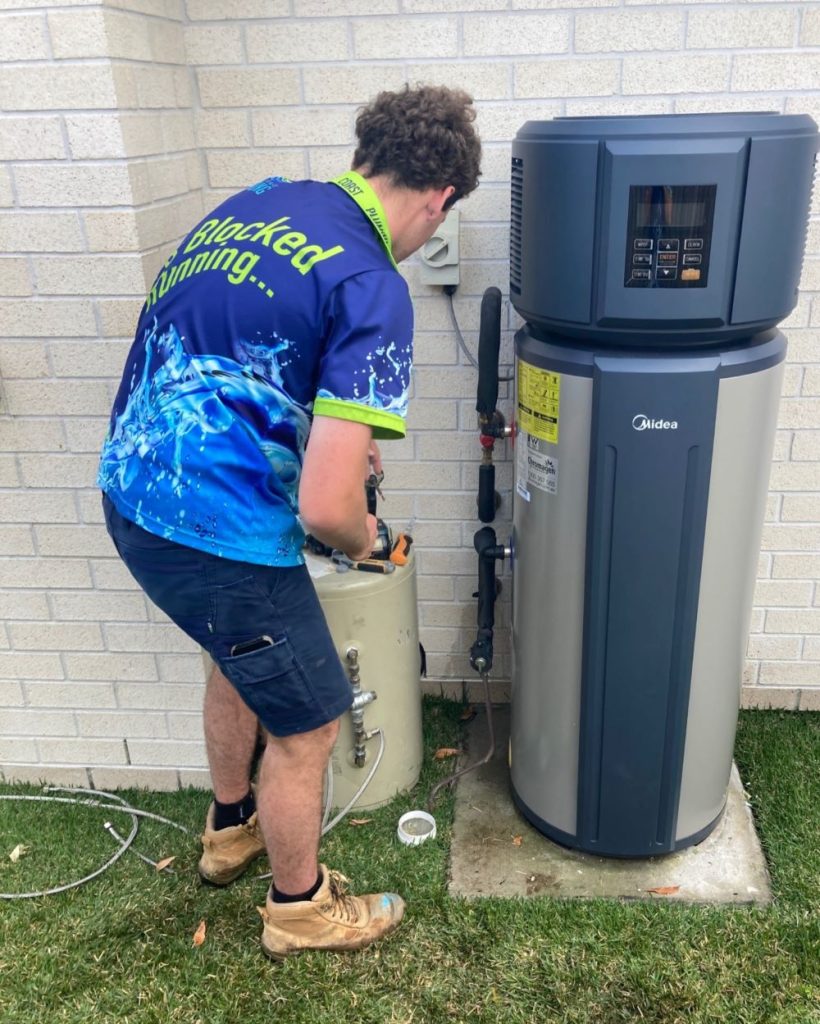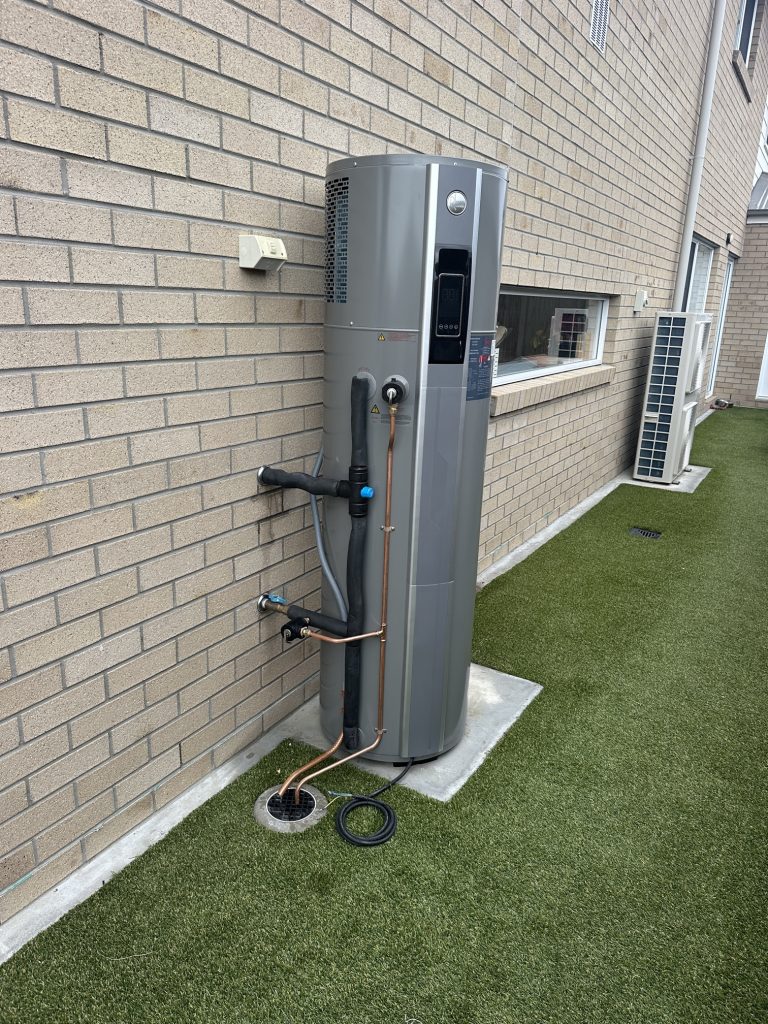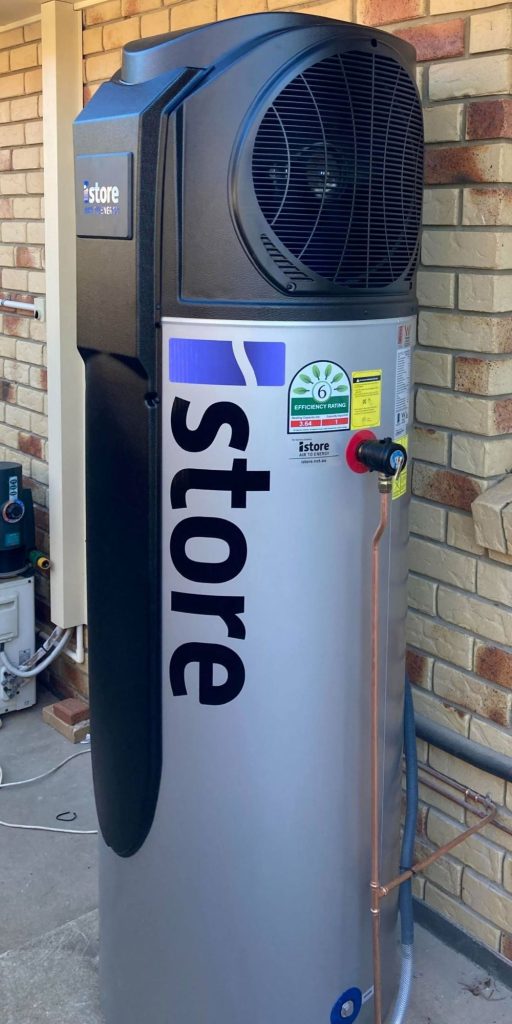Overcoming the Unique Challenges of Selecting Hot Water Systems in Queensland's Diverse Climate
When it comes to selecting the most appropriate hot water system for your home in Queensland, the decision goes well beyond simply choosing a brand or considering the capacity of the unit. It necessitates a thorough understanding of various factors that significantly influence the system’s overall performance, such as the local climate, fluctuating humidity levels, electricity tariffs, and the specific hot water requirements of your household. As energy costs continue to rise, an increasing number of households are leaning towards heat pumps for their superior energy efficiency and environmentally friendly attributes. However, it is imperative to note that these systems may not suit every property type. Conducting a meticulous evaluation of all relevant aspects is essential to ensure you select a system that guarantees optimal performance and longevity.
This article will delve into the mechanics of heat pumps, illustrating how they perform effectively within the diverse climatic conditions of Queensland. We will furthermore identify which types of residences stand to gain the most from these innovative systems and dispel prevalent myths that could potentially hinder their performance or lead to misguided choices regarding system selection.

Enhancing the Performance of Heat Pumps in Coastal Queensland Settings
Heat pump water heaters function by extracting heat energy from the surrounding ambient air. Their operational efficiency tends to improve significantly as air temperatures rise. In the coastal regions of Queensland, notably in popular areas such as the Sunshine Coast, Brisbane, and the Fraser Coast, average air temperatures tend to remain consistently above 5°C, even during the winter months. This stable warmth allows heat pumps to operate efficiently all year round without necessitating electric boosting or additional heating elements, which are often required in colder climates. By harnessing this natural energy, homeowners can benefit from reduced energy costs and a smaller carbon footprint.
Essential Environmental Factors That Enhance Heat Pump Efficiency
| Factor | Impact on Heat Pump Functionality | Coastal QLD Efficiency |
|---|---|---|
| Average ambient temperature | Higher = more efficient operation | ✓ Consistently maintained above 5°C |
| Humidity levels | Moderate improvements | ✓ Generally high and stable |
| Access to off-peak electricity | Lower operational costs | ✓ Widely available in most regions |
| Roof shading | Not a significant factor | ✓ No detrimental impact on system |
| Direct sunlight exposure | Not a necessity | ✓ Functions well in shaded conditions |
Identifying Scenarios Where Heat Pumps Might Underperform
Despite the numerous advantages offered by heat pumps, there are specific situations in Queensland where their performance may not meet expectations:
- Inland or elevated regions
In areas like Toowoomba or the Hinterland, overnight temperatures can drop significantly during the winter months. In these circumstances, certain heat pump models may struggle to maintain optimal efficiency without the assistance of a booster element, resulting in higher energy consumption and costs. - Confined or poorly ventilated outdoor spaces
Heat pumps require adequate airflow around their compressor units to function optimally. In cramped or enclosed environments, the efficiency of heat extraction may diminish, and operational noise could increase, potentially causing disturbances for nearby residents. - Large households with substantial hot water needs
For homes accommodating more than six people, systems designed for higher water storage capacities or faster recovery times, like solar-boosted gas systems, may be better suited to efficiently meet significant hot water demands.
Dispelling Common Myths About Heat Pumps in Queensland
“They become ineffective during winter.”
This misconception may hold true in colder southern climates; however, it does not apply in Queensland. In areas where average temperatures consistently exceed 5°C, heat pumps maintain their efficiency throughout the winter months, delivering dependable hot water solutions even during cooler periods.
“Solar panels are necessary for heat pumps to operate.”
This statement is inaccurate. Heat pumps can function independently of solar photovoltaic (PV) systems, although integrating them with solar energy sources can significantly boost your energy savings and enhance sustainability.
“Heat pumps are excessively noisy and disruptive.”
Modern heat pump systems are designed to be considerably quieter than earlier models. When installed correctly in well-ventilated locations, the noise generated by the compressor unit is typically minimal, ensuring a comfortable living environment.
Effective Strategies for Optimising Heat Pump Installation and Performance in Queensland
- Choose a system designed for Australian conditions
Select models that feature high-efficiency ratings and dependable local support, such as istore or Stiebel Eltron, which are renowned for their performance across the Australian climate. - Install in a well-ventilated but shaded area
Although heat pumps do not require direct sunlight, they need sufficient airflow around the unit to operate efficiently and effectively. - Utilise timers or smart controls
Programming the system to function during periods of solar power generation or off-peak electricity hours can greatly enhance energy savings and reduce overall costs. - Ensure your system is appropriately sized
A capacity of 250–300 litres is generally adequate for the needs of most families. An undersized system may result in performance challenges and necessitate reliance on boosting mechanisms, which can lead to increased energy consumption.
The Crucial Importance of Local Expertise in Achieving Successful Heat Pump Installation
The successful installation of a heat pump is contingent upon a tailored approach to achieve optimal results. The best outcomes arise from collaborating with a local plumber who possesses expertise in:
- Performance tailored to local climatic conditions, ensuring maximum efficiency
- Access to rebates such as Small-scale Technology Certificates (STCs) and various Queensland government incentives aimed at promoting energy efficiency
- Optimal placement and ventilation strategies for the unit to enhance overall performance
- Integration with solar PV systems or battery storage solutions, if applicable, to maximise energy efficiency
At Creek to Coast Plumbing, we excel in providing and installing high-performance hot water systems, including heat pumps, throughout the Sunshine Coast and Moreton Bay regions. Our dedicated team is committed to assisting you in identifying which type of hot water service will best fulfil your needs. As the demand for energy-efficient hot water solutions continues to escalate, many individuals are evaluating solar options alongside heat pumps. We will assess the specific conditions of your home, recommend the most suitable system, and ensure you are well-equipped for optimal efficiency.
Discover further details about our Heat Pump Hot Water Installations or reach out for a personalised recommendation tailored to your specific requirements.
The Article: Heat Pumps in Queensland: Effective Solutions and Pitfalls first appeared on https://writebuff.com
The Article Heat Pumps in Queensland: Benefits and Challenges Explained Was Found On https://limitsofstrategy.com



